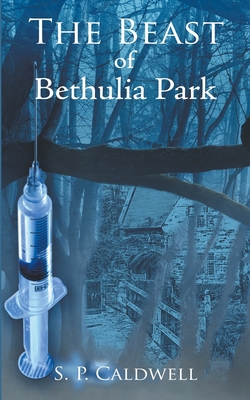Book review: The Beast of Bethulia Park by Simon Paul Caldwell

Real life doesn’t imitate art. In real life, stories get cut off half way through, or sometimes hardly begin at all. Others seem to drag on for far too long. The reason for this is that ‘real life’ only tells part of the story. It’s like reading a book but not being able to read to the end, although exactly how far into the story you can go is random; sometimes a long way, on other occasions to half way, sometimes just a few pages.
This is why, to make art, particularly in the written form of stories, we have to change ‘real life’, we have to tell the whole story so that we, as writers, can create a coherent work of art. We have to ensure that all the story occurs within the confines of the story on the page. But, again, real life isn’t like that.
If it ends at death, then the stories we tell ourselves are just that, polite fictions coined to paper over the bleak reality that there are no stories, that the coherence and the meaning we create with them are of less import than a passing dream that wakes us briefly before we collapse back into the night.
If the story continues after death, then our stories of this world do have meaning, for they acknowledge the incompleteness of our normal human stories by completing them in this world whereas in most cases, the stories are completed only later, their meaning made clear and their climax reached.
In The Beast of Bethulia Park, Simon Caldwell tells a story of this life with reference to the later life, and leaves the events of this life unfulfilled. As such, it’s a story true to the real nature of things but, in one sense, it does not work completely as a narrative because its denoument is, ultimately, off the page of time and beyond the ability of any writer to convey. But in another sense, it does work remarkably well as a story, embodied in time but directed towards the consummation of time.
It’s also a fascinating thriller about doctors with a belief that they alone can deliver life and death – a belief that the current passage of the Assisted Dying Bill throws into an all too believable light.
0 Comments